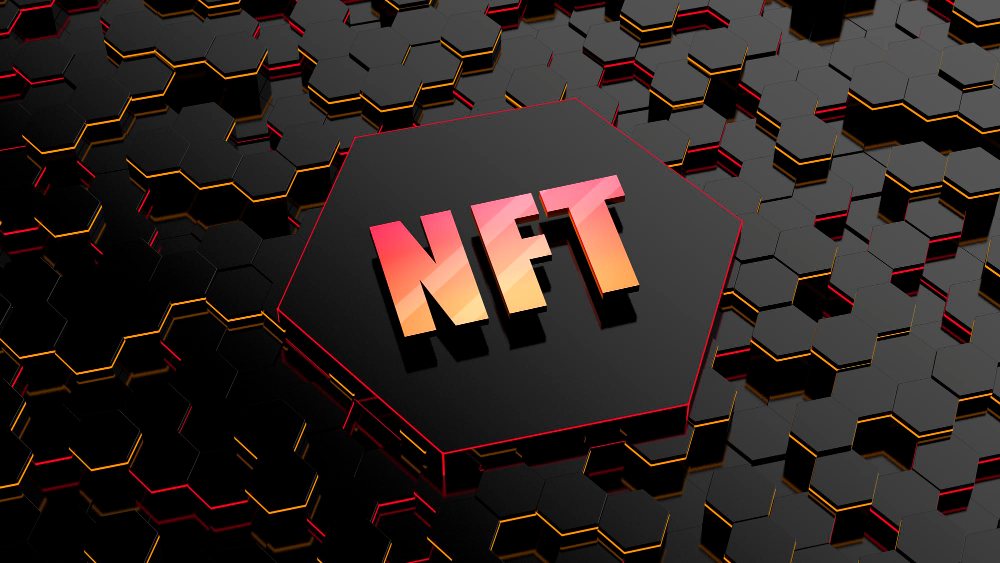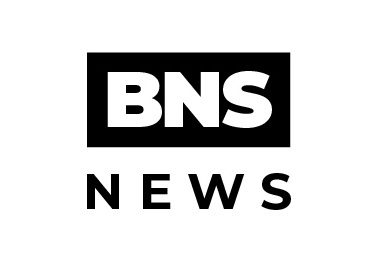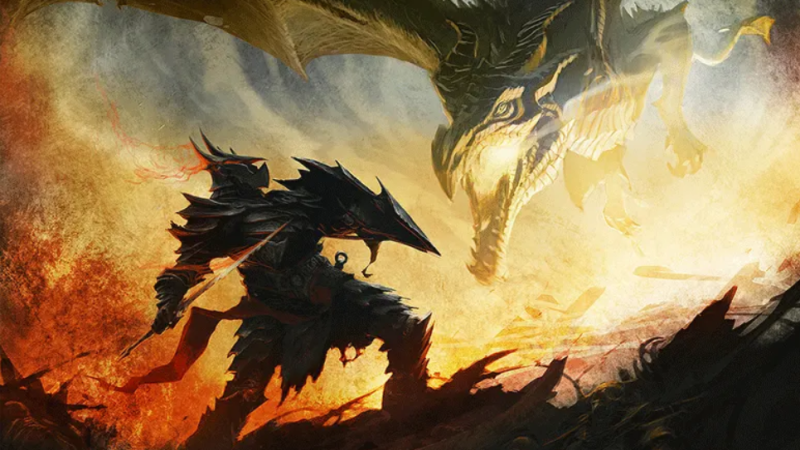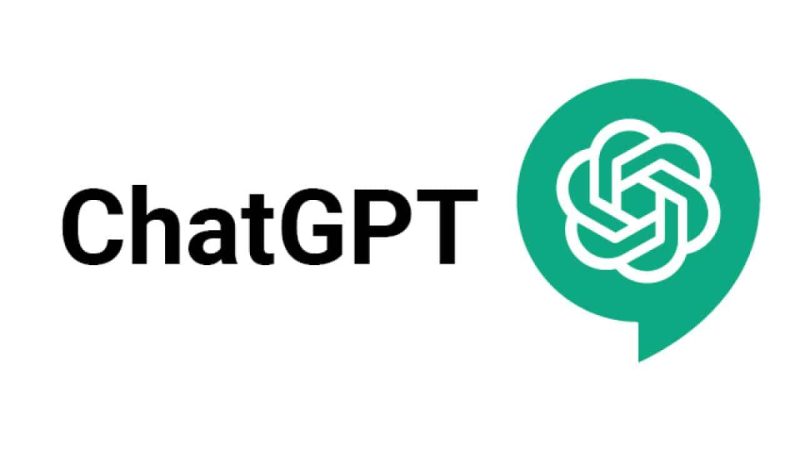Exploring the Integration of NFTs: opportunities and challenges

|
Getting your Trinity Audio player ready...
|
The integration of Non-Fungible Tokens (NFTs) into various sectors is revolutionizing how we think about digital ownership, creativity, and asset management. This article delves into the opportunities and challenges associated with NFT integration across different industries, including art, gaming, real estate, and finance.
What are NFTs?
NFTs are unique digital assets verified using blockchain technology, which ensures authenticity and ownership by recording information in a decentralized ledger that cannot be altered. Unlike cryptocurrencies like Bitcoin or Ethereum, which are fungible, each NFT has a distinct value due to its uniqueness.
Opportunities of NFT Integration
The integration of Non-Fungible Tokens (NFTs) into various sectors has opened up numerous possibilities, fundamentally altering how we perceive digital ownership, asset trade, and creator economy.
1. Innovation in the Art and Creative Industries:
NFTs allow artists and creators to monetize their works more directly and efficiently. By selling digital artwork as NFTs, artists can reach a global audience without the need for galleries or auction houses, which traditionally take a significant portion of the sales revenue. Provenance and Authenticity: NFTs provide a reliable way to prove the authenticity and ownership history of digital art, using blockchain’s immutable ledger to record each transaction. This transparency helps in reducing fraud and increases trust among buyers.
2. Transformation of the Gaming Industry:
Players can truly own in-game items (like skins, weapons, and characters) as NFTs, which they can buy, sell, or trade in secondary markets. This not only enhances the gameplay experience but also adds an economic layer where players can profit from their gaming skills and investments. NFTs could enable interoperability of assets between different games. An item purchased or earned in one game could potentially be used in another, provided both games support the same blockchain infrastructure.
3. Real Estate and Virtual Land Development:
Real estate can be tokenized into NFTs, simplifying the processes of buying, selling, and trading properties. Similarly, virtual real estate in digital worlds (like metaverses) offers a new asset class, allowing users to own, develop, or rent their digital spaces. In virtual worlds, NFTs enable novel business models, such as virtual real estate agencies, design services for digital spaces, and advertising in virtual environments, creating a whole new economy.
4. Expanding Horizons in Finance and Investment:
NFTs can represent fractional shares of physical or digital assets, making it easier and less expensive for individuals to invest in high-value items like art, rare collectibles, or real estate. The uniqueness and collectible nature of NFTs attract investors looking for alternative investment avenues beyond traditional stocks and bonds, potentially leading to new markets and liquidity.
5. Media and Entertainment Innovation:
Musicians, filmmakers, and sports franchises can use NFTs to offer unique experiences, merchandise, or exclusive content, deepening fan engagement and opening new revenue streams. NFTs can be programmed with smart contracts that automatically pay royalties to creators whenever an asset is sold or re-sold, ensuring continuous revenue from their work.
Challenges of NFT Integration
The integration of Non-Fungible Tokens (NFTs) into various sectors, while filled with potential, is also fraught with significant challenges that could impede their broader acceptance and sustainable development. These challenges span regulatory, market, technological, and ethical domains, each adding layers of complexity to the adoption of NFTs.
Regulatory and Legal Uncertainties loom large in the realm of NFTs. The rapid pace at which NFTs have grown has left regulators struggling to catch up. There is a significant lack of clear regulations governing the sale, transfer, and taxation of NFTs, creating a risky environment for investors and creators alike. Additionally, intellectual property rights become particularly thorny with NFTs. Issues arise over the ownership and copyright enforcement of digital content that is easily replicable, posing serious concerns for creators and buyers.
Market Volatility and Speculation also pose considerable challenges. NFT markets are highly susceptible to fluctuations, often driven by speculative investments rather than underlying value. This volatility can lead to large financial losses for investors and undermines the stability of the NFT market. Moreover, there are growing concerns about a potential bubble in the NFT market, where valuations may not accurately reflect the true worth of the digital assets, risking a sharp correction that could diminish trust in the NFT space.
Technological and Operational Risks are also critical, with scalability at the forefront. The blockchain networks underpinning NFTs often struggle with handling high volumes of transactions efficiently, which can lead to slower transaction times and higher costs. This scalability issue is a significant hurdle for the widespread adoption of NFTs, as it impacts the user experience and limits the practical utility of NFTs in larger digital ecosystems.
Environmental Concerns are increasingly coming to the forefront. The energy consumption required by the blockchain networks that support NFTs, particularly those that rely on proof-of-work systems, is substantial. This environmental impact poses a challenge not only to the sustainability claims of blockchain technology but also to the broader acceptance of NFTs among environmentally conscious communities.
Ethical and Social Implications arise as the market expands. The democratization of art and finance through NFTs is a double-edged sword. While it opens up opportunities for creators worldwide, it also exposes them to exploitation and fraud. The transparency and security promised by blockchain are often compromised in practice, with numerous incidents of theft and fraud reported within the NFT space.
Each of these challenges requires careful consideration and robust solutions to ensure that NFTs can be safely and effectively integrated into the digital economy. For more detailed explorations of these issues, visiting Original can provide additional insights and context into the complexities of NFT integration.






